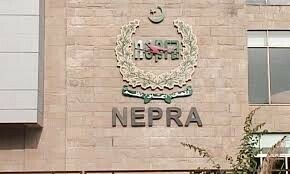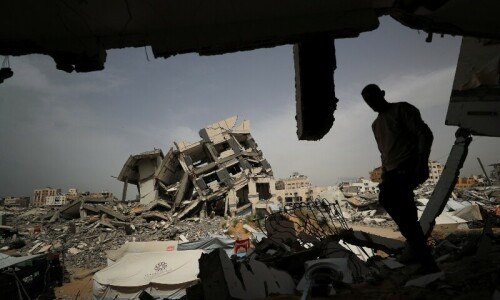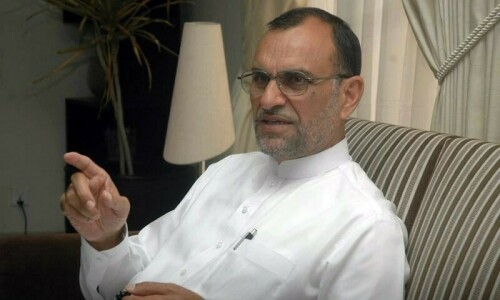FINANCING its large budget deficit of approximately Rs62 billion for the present financial year remains the main concern of the new Jam Kamal Khan government in Balochistan, says a senior provincial official.
“We are facing a big hole in our planned public development investment for the ongoing fiscal year,” Qamar Masood, Balochistan’s finance secretary, told this correspondent from Quetta over the telephone.
“We don’t have a solution for this problem. The investment gap can only be filled through federal grants. Our current expenditure is inelastic and cuts in it can help bridge the deficit only so much.”
In reply to a question, Mr Masood said the provincial coalition government has not taken up the issue of resource constraint with Islamabad so far. “But we will soon approach the federal government to discuss our financial problems. We need financial help to generate resources for development in the province. Expenditure savings can generate only five per cent of the budget deficit.”
‘We need financial help to generate resources for development in the province. Expenditure savings can generate only five per cent of the budget deficit,’ says Finance Secretary Qamar Masood
According to some media reports, the province had run out of cash in the last month of the previous financial year to pay salaries and pensions to its employees because of federal cuts on its share from the gas development surcharge and other income heads.
The secretary said that the government had to cut its development expenditure last year by a fifth. However, he said the situation was “normal” at present with the federal government transferring the provincial share to Balochistan according to its share in the National Finance Commission (NFC) award.
The provincial government has allocated Rs88.2bn, up by 2.2pc from last year’s original estimate of Rs86bn, for development in the province which already has a massive financing gap of 70pc because of its increasing current expenditure and slowing pace of growth in provincial income.
Balochistan’s current spending is estimated to surge by almost 9pc to Rs264bn and the pace of growth in its income is projected to slow down to 4.9pc this year from 9.3pc last fiscal. The budget documents project the overall provincial income — federal transfers, provincial tax and non-tax receipts, foreign and domestic loans, etc — to increase by a mere Rs13.8bn during the present fiscal year to Rs290bn compared with a rise of Rs23.6bn to Rs276.4bn last year.
The budget details show that the growth in provincial income is affected by a slowdown in federal transfers as straight transfers (excise duty on natural gas, royalties on crude oil and natural gas, and gas development surcharge) are expected to almost halve to Rs9bn.
Besides, the sharp decline estimated in recoveries and loans to a mere Rs284.9 million from Rs5.3bn, is also projected to impact the overall provincial income. Yet, the provincial authorities had raised the total outlay of development and current spending to Rs352.3bn from Rs328.5bn, leaving a big hole in planned development spending.
Almost 80pc of the provincial income comprises federal transfers from the divisible pool and straight transfers with the province’s own taxes contributing 3.5pc and non-tax receipts 1.6pc to it. The rest of the cash will be generated through foreign project loans and grants, commercial loans for state trading in food and a floating debt from the State Bank of Pakistan.
The expenditure on pay, pensions, grants and subsidies make up around three quarters of the total provincial current expenditure or 90pc of its total income. The provincial pension bill alone has increased by an average 27pc during the last three years and is estimated to rise by 33.3pc this year.
Many argue that Balochistan has wasted the opportunity offered by the increased federal transfers under the 7th NFC award to put its house in order and reduce its development gaps.
Balochistan, the country’s least populous province that accounts for almost 44pc its land mass and boasts of vast natural resources – gold, copper, oil, gas and so on – remains heavily dependent on federal transfers because of its underdeveloped economy and absence of private business and industry.
Although the investments being made in transport infrastructure in the province under the $60bn China-Pakistan Economic Corridor (CPEC) project offer a huge opportunity for the province marred by years of insurgency and religious militancy, observers feel the government will have to manage its own affairs better to take advantage of the CPEC initiative.
Published in Dawn, The Business and Finance Weekly, August 27th, 2018













































